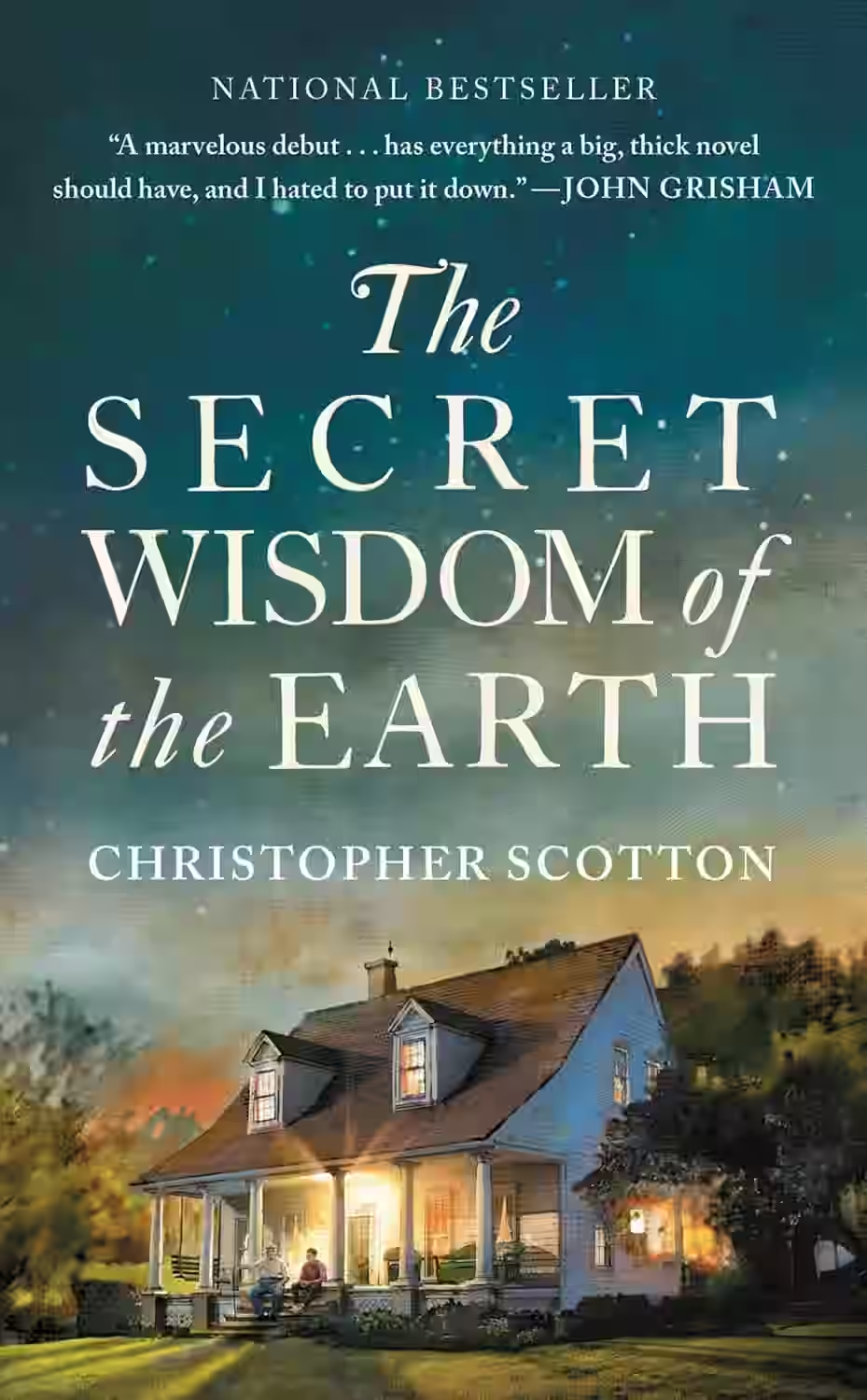
Celeste Ng's 'Little Fires Everywhere' delves into the intertwined lives of two families in the idyllic suburb of Shaker Heights. The novel explores themes of motherhood, identity, race, and privilege as the Richardson and Warren families become embroiled in a custody battle. Through nuanced character development and intricate plot twists, Ng crafts a compelling narrative that challenges societal norms and upends expectations. The clash between these two families exposes deep-seated prejudices and secrets, ultimately leading to a climactic event that sparks 'little fires' throughout their community. Ng's writing is poignant and thought-provoking, leaving readers contemplating the complexities of human relationships and the consequences of choices made.
About Celeste Ng
Celeste Ng is a critically acclaimed author known for her poignant and thought-provoking novels that explore themes of identity, family dynamics, and societal expectations. Born in Pittsburgh and raised in Shaker Heights, Ohio, Ng draws inspiration from her own experiences as an Asian American woman. She gained widespread recognition with her debut novel, 'Everything I Never Told You,' which became a New York Times bestseller and received numerous awards. Ng further solidified her reputation with 'Little Fires Everywhere,' which was adapted into a successful TV series. Her works have resonated with readers worldwide, establishing her as a prominent voice in contemporary literature.
Other Books by Celeste Ng

Everything I Never Told You
by Celeste Ng
In 'Everything I Never Told You' by Celeste Ng, the Lee family is shattered by the mysterious death of their daughter, Lydia. Set in the 1970s, the book explores themes of identity, family dynamics, and the pressure to conform to societal expectations. Ng delicately weaves together the past and present, unraveling family secrets and the complexities of human relationships. Through lyrical prose and compelling characters, the novel delves into the consequences of unspoken truths and the impact of cultural and racial tensions. It is a poignant and thought-provoking exploration of love, loss, and the struggle for acceptance.
Similar Books

The Spanish Lover
In 'The Spanish Lover' by Joanne Trollope, the protagonist, Johnny, finds himself torn between his comfortable life in England and a passionate love affair in Spain. The novel intricately explores themes of love, duty, tradition, and cultural differences. Trollope masterfully weaves a tale of internal conflict and external intrigue as Johnny navigates the complexities of his emotions and relationships. The vivid descriptions of both the English countryside and Spanish landscapes add depth to the narrative, transporting readers to both settings. As secrets unravel and tensions rise, 'The Spanish Lover' is a compelling exploration of the heart's desires and the repercussions of following them.

The Secret Wisdom of the Earth
Christopher Scotton's 'The Secret Wisdom of the Earth' is a heartwarming and compelling novel that melds coming-of-age themes with environmental and socio-political commentary. The story follows fourteen-year-old Kevin, who, after a family tragedy, is sent to spend a summer in a small Appalachian town with his grandfather. Scotton beautifully captures the complexities of grief and healing against a backdrop of a community grappling with the moral and environmental impact of mountaintop removal mining. The novel weaves together rich character development, intricate relationships, and poignant reflections on humanity’s connection to nature. It’s a profound narrative that explores themes of loss, resilience, and hope, leaving a lasting impression on its readers.

Unsheltered
Barbara Kingsolver’s 'Unsheltered' weaves a compelling narrative that delves into the volatility and uncertainty of human existence through a dual timeframe approach. Set in the same New Jersey house in the 19th century and the present day, the story follows two families grappling with socio-economic upheavals, challenging relationships, and evolving societal values. Kingsolver expertly intertwines historical and contemporary anxieties, exploring themes of resilience, adaptation, and what it means to live without a firm foundation. The novel's insightful parallel between climate change and societal change invites readers to reflect deeply on their own worlds. Kingsolver's crisp, vivid prose and meticulous character development create an immersive experience, making 'Unsheltered' both thought-provoking and emotionally resonant.

A Visit from the Goon Squad
Jennifer Egan's 'A Visit from the Goon Squad' is a unique and compelling novel that weaves together interconnected stories of characters whose lives are deeply affected by the music industry, time, and the passage of years. Through a non-linear narrative structure, Egan explores themes of aging, memory, ambition, and the way technology shapes our relationships and identities. With rich character development and innovative storytelling techniques, the book offers a poignant reflection on the transient nature of fame and the complexities of human connections. 'A Visit from the Goon Squad' is a thought-provoking and intricately crafted work that challenges traditional storytelling conventions.